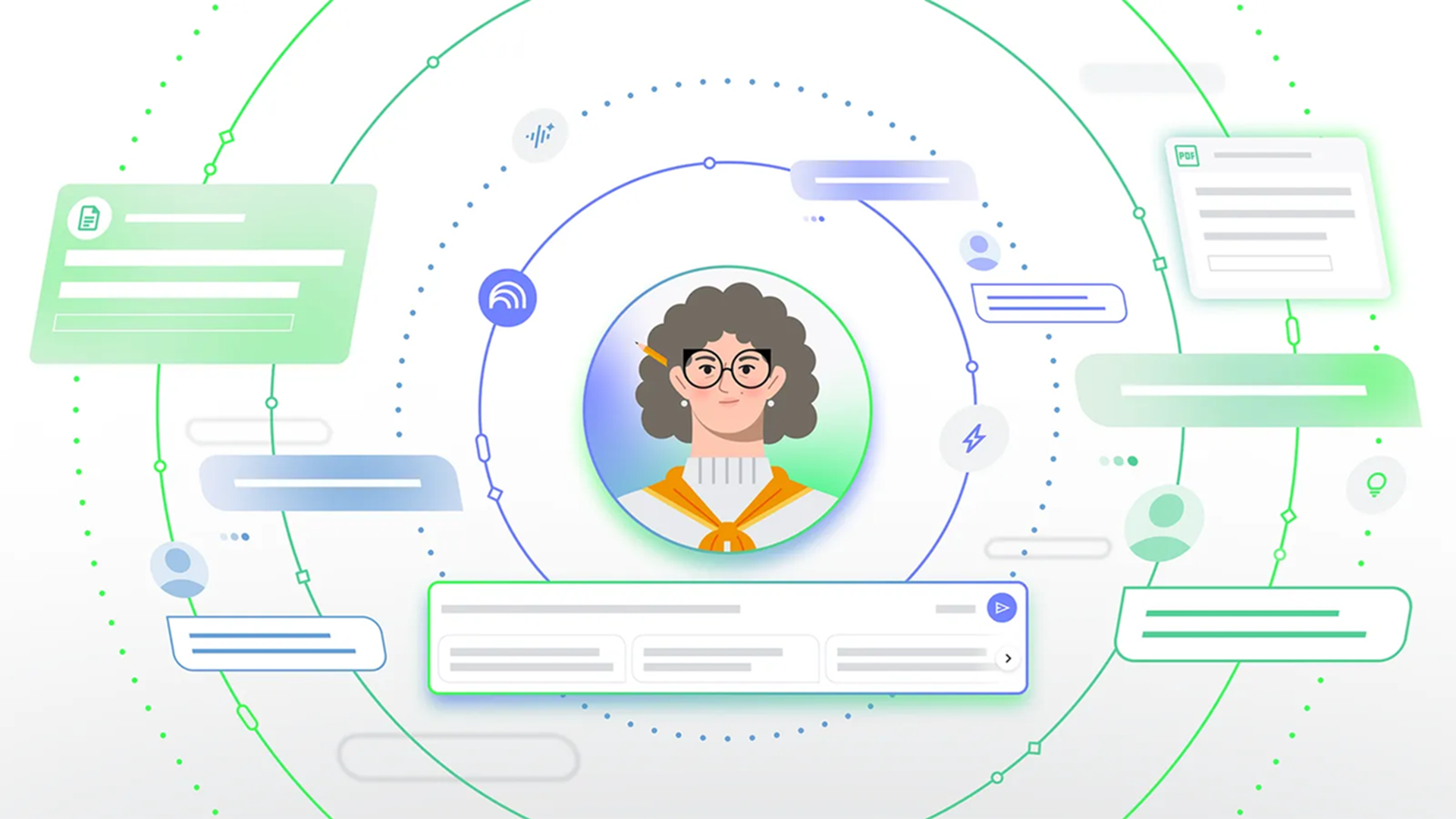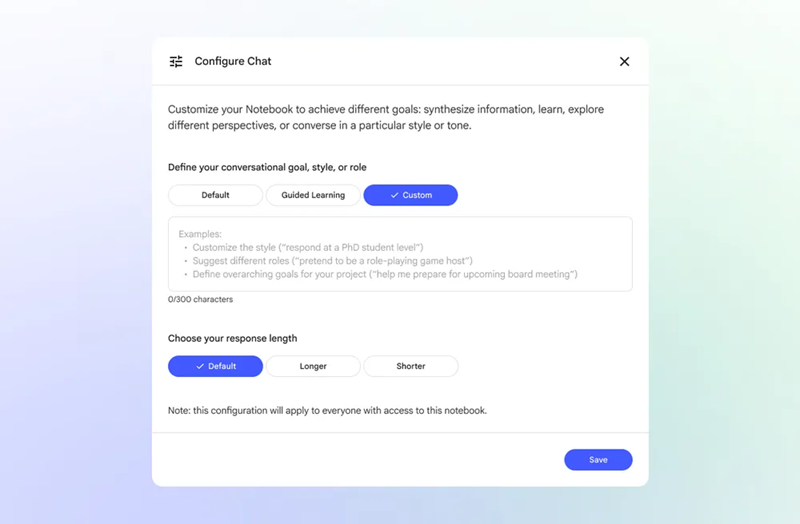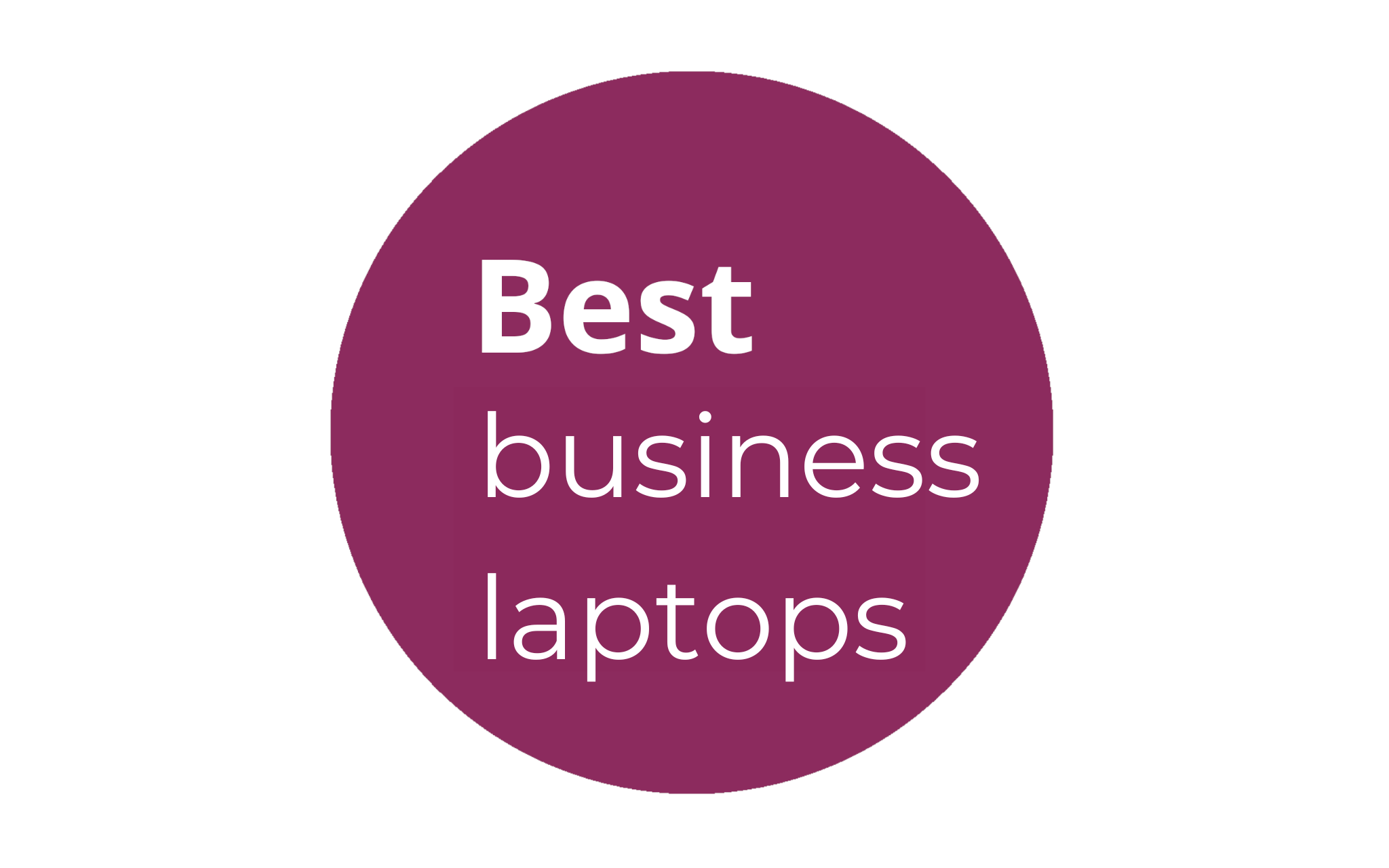NotebookLM just got a major chat upgrade with 8x more context, better memory, and smarter responses
The AI notebook evolves into a long-term creative partner

- Google upgraded NotebookLM to a one-million-token context window, allowing the AI to analyze entire books or massive project archives in a single chat
- The update also sextuples NotebookLM's memory store, laying the foundation for new memory features like a saved conversation history
- The improved NotebookLM's flexibility means it can take on all kinds of personas and uses the new 'Goals' system, which lets users define the AI’s role
NotebookLM isn’t just for footnotes anymore. Google’s ambitious research assistant just leveled up beyond its academic roots and into more comprehensive conversational collaboration.
Google has announced a sweeping set of upgrades designed to enhance NotebookLM's ability to mimic human understanding of circumstances and appropriate interactions.
The upgrades are enabled by a massive expansion of NotebookLM's context window, essentially its short-term memory. NotebookLM now supports Gemini’s full context window of a million tokens across all plans.
It octuples what was previously available, and this means the AI can now hold entire books, long-meeting transcripts, and sprawling project files in its virtual mind for immediate recollection and analysis at once. It’s a huge leap for users juggling large document collections who want more than surface-level answers.
You’re no longer stuck copy-pasting fragments of a PDF into a chatbox. You can upload the whole thing, along with any supporting documents, emails, or notes you feel like adding, and NotebookLM will not only read it all but refer to it across long, coherent conversations. It’s the difference between talking to a helpful stranger and working with someone who’s been in the project trenches with you since day one.
Improved responses
And the payoff is very real, according to Google. The company claims internal tests showing a 50% improvement in user satisfaction for longer, multi-source responses, thanks to this boost in attention span.
The memory enhancement applies to conversations with users as well. Where you might have noticed NotebookLM losing its train of thought after you've sent just a few messages, it can now track context six times further into a dialogue.
Sign up for breaking news, reviews, opinion, top tech deals, and more.
Your chat history will be kept on top of, for lack of a better term, the mind by NotebookLM, too. That means you can start a session on Tuesday, close your laptop, and pick up the same train of thought on Friday afternoon without retracing your steps. That memory stays private, too. Shared notebooks don’t share chats unless you want them to.
Google goals
What ties all of these upgrades together is the addition of 'Goals,' essentially a way to set how the AI assistant approaches and interacts with you. You might request a virtual Ph.D thesis advisor who pokes holes in your logic, or a sounding board for a new screenplay that answers every question with another question to encourage thinking. You can even ask it to take up a guiding role through fiction, acting as a game master for tabletop roleplaying games and 'improvising' a complex narration.
NotebookLM is predicated on using AI not to search all the time, but to provide insight into the research you've already done. The platform does exactly that, which is useful as AI tools become more ubiquitous in the workplace (openly or otherwise).

The flexibility of NotebookLM’s goal and personality setting makes this even more obvious. You’re no longer adjusting tone on the fly. You’re setting parameters for how this assistant should think. These changes nudge NotebookLM toward the realm of platforms like Notion AI. You can also see Google going for a personalized agent that ChatGPT's memory enables, or Perplexity's multimodal options that can absorb multiple documents at once. But NotebookLM stands out for how tightly it fuses those features into a single interface, something Google is often successful with.
There’s also a distinctly Google-flavored logic at work. The integrations now span over a million apps and websites. The chat interface coordinates things across those apps. So, while NotebookLM can't quite mimic the semi-independent digital agents popping up from AI providers, the foundation is being laid.
The new version of NotebookLM might be the kind of tool to attract those currently wary of AI, but who dread document analysis. Arguably, what most people want from AI is a tool whose function is displayed through its form, not a black box you can't understand. NotebookLM could fill that niche.
The upgrades make it easy for NotebookLM to serve more people. It can offer better study guides for students, better citation management, and improved cross-referencing. NotebookLM learns how you work, remembers what you’re doing, and meets you halfway. And that's a claim it's much easier to trust than ones about "transforming the way you work."
Follow TechRadar on Google News and add us as a preferred source to get our expert news, reviews, and opinion in your feeds. Make sure to click the Follow button!
And of course you can also follow TechRadar on TikTok for news, reviews, unboxings in video form, and get regular updates from us on WhatsApp too.

➡️ Read our full guide to the best business laptops
1. Best overall:
Dell Precision 5690
2. Best on a budget:
Acer Aspire 5
3. Best MacBook:
Apple MacBook Pro 14-inch (M4)

Eric Hal Schwartz is a freelance writer for TechRadar with more than 15 years of experience covering the intersection of the world and technology. For the last five years, he served as head writer for Voicebot.ai and was on the leading edge of reporting on generative AI and large language models. He's since become an expert on the products of generative AI models, such as OpenAI’s ChatGPT, Anthropic’s Claude, Google Gemini, and every other synthetic media tool. His experience runs the gamut of media, including print, digital, broadcast, and live events. Now, he's continuing to tell the stories people want and need to hear about the rapidly evolving AI space and its impact on their lives. Eric is based in New York City.
You must confirm your public display name before commenting
Please logout and then login again, you will then be prompted to enter your display name.